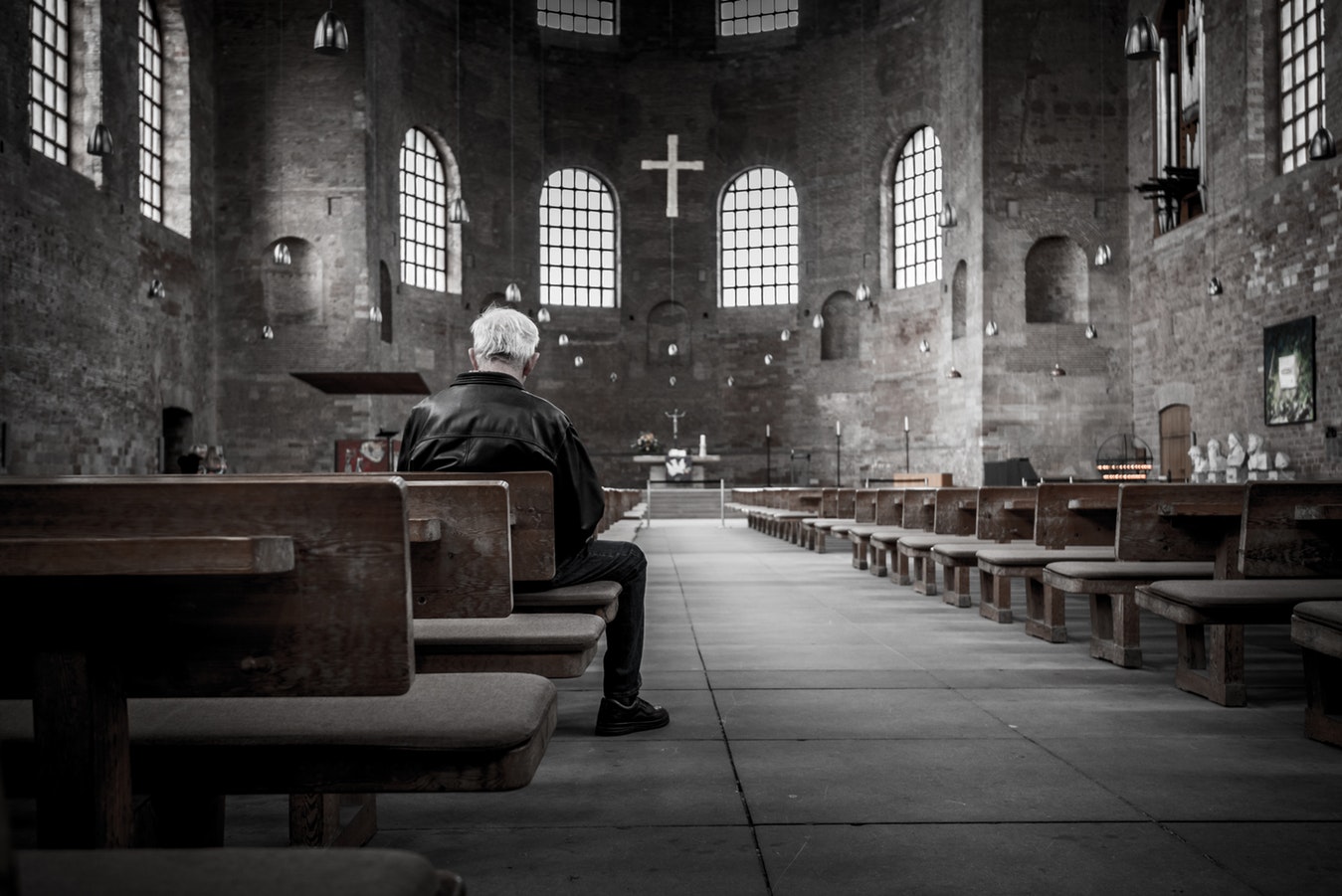It’s Never Too Late for You!
Author: Howard W. StevensHezekiah had been a very good and righteous king in God’s sight, and had given Manasseh a godly upbringing and heritage.
Facts about Manasseh
In 2 Chronicles 33:1-20 we find the story of Manasseh, the son of Hezekiah.
Manasseh reigned for 55 years, longer than any of the kings of either Israel (the Northern Kingdom) or Judah (the Southern Kingdom). During the first part of Manasseh’s reign, he was as evil as the most wicked kings in either kingdom. He followed the detestable practices of the nations the Lord had driven out before the Israelites (2 Chron. 33:2). He erected altars to Baal and made Asherah poles. He worshipped these idols and “all the starry hosts.” He built pagan altars in the temple courts. He even sacrificed his own sons in the fire. In addition to consulting mediums and spiritists, he practiced witchcraft and sorcery.
Manasseh led the people of Judah astray, “so that they did more evil than the nations the Lord had destroyed before the Israelites” (33:9). His persistent wickedness ultimately led to God’s judgment.
The king of Assyria imprisoned Manasseh in Babylon, which was controlled by the Assyrians at the time.
Manasseh’s Repentance Led to His Restoration
While in captivity, Manasseh repented. “He sought the favor of the Lord his God and humbled himself greatly before the God of his fathers” (2 Chron. 33:12). God was moved by Manasseh’s prayer and honored his repentance. Manasseh was freed from prison and returned to Jerusalem, where he once again reigned as king. Manasseh knew that the Lord had brought this about.
Manasseh’s change of heart!
 Manasseh’s change of heart allowed him to accomplish many good things for his people. He rebuilt the outer wall of the City of David and stationed military commanders in all the fortified cities in Judah.
Manasseh’s change of heart allowed him to accomplish many good things for his people. He rebuilt the outer wall of the City of David and stationed military commanders in all the fortified cities in Judah.
He also got rid of the foreign gods and removed the carved Asherah pole he had previously placed in the temple of the Lord, as well as all the altars he had built on the temple hill and in Jerusalem (2 Chron. 33:14-15). Manasseh “restored the altar of the Lord and sacrificed fellowship offerings and thank offerings on it” (v. 16). He instructed the people of Judah to serve the Lord. Although the people continued to sacrifice at the high places, they did so only to the Lord their God (v. 17).
Conclusion
In spite of all his wicked deeds, Manasseh was able to repent and experience God’s forgiveness and grace. Manasseh’s repentance enabled him to finish well. God’s grace can reach anyone, even the most despicable sinner. Manasseh provides a wonderful Old Testament example of this.
The thief on the cross offers an excellent New Testament example (Luke 23:39-43). The thief acknowledged that he was being justly punished for his evil deeds. But he also realized that Jesus had done nothing wrong and that He was God. “‘Jesus, remember me when you come into your kingdom.’ Jesus answered him, ‘I tell you the truth, today you will be with me in paradise'” (vv. 42-43).
God can take the rest of your life–no matter how long or short it may be–and make it the best of your life. If He could do it for wicked Manasseh and for the thief on the cross, He can do it for you.
